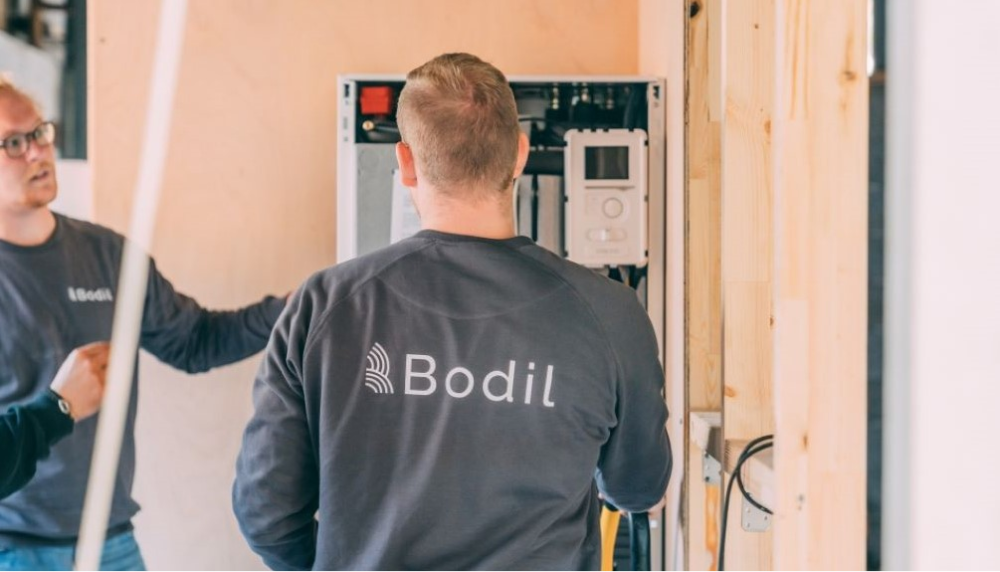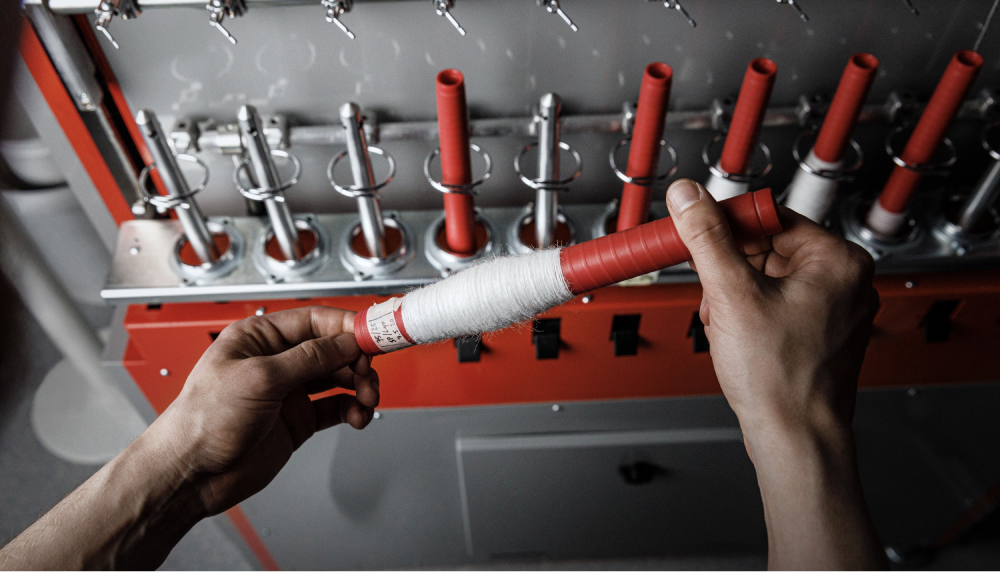Key takeaways
With the health of our planet increasingly on everyone’s mind, sustainable business practices have shifted from PR glitter to a driving force for real value creation. However, when it comes to sustainability, large corporations face many of the same challenges they do with innovation:
- Slow corporate processes
- Long chains of command
- Limited access to the new technologies
These factors make it difficult to move beyond “everyday business” to make real change fast.
Despite these challenges, companies worldwide are reimagining the way they do business with real impact on the long-term health of our planet. All while boosting profits and creating a competitive advantage.
The key to it all? A sustainable corporate venturing strategy.
Startups have always been a valuable source of external innovation for corporates, and the trend is showing no signs of a slow down. Corporate venture activity is expected to increase in the next few years, with startups ranking as a top innovation source for corporations - and sustainability is at the top of the agenda.
Top innovation sources for companies: 2020 VS 2025

These collaborations are not only making corporate practices more planet-friendly; they’re also ensuring that a whole new generation of green technologies make it to the market (many of which would die out without proper funding and support).
To illustrate how this works in practice, let’s take a closer look at some examples showing how top corporations are making a real impact and boosting profits through sustainable ventures.
1. Nordea’s partnership with Bodil Energi
Founded in 2020, Bodil Energi is a Danish startup that helps homeowners reduce the CO2 emissions caused by everyday energy usage. They make the transition to green energy convenient by providing digital energy efficiency tools and devices, along with expert retrofitting advice for homeowners looking to make the switch.
Within its first five months, Bodil Energi was able to reduce residential heating emissions by over 200 tonnes of yearly CO2 emissions, and their positive impact will only grow as the company gains more expertise.
These results wouldn’t have been possible without their partner and co-creator, Nordea, a leading Nordic financial services provider.

How it boosts corporate sustainability
As part of its partnership with Bodil Energi, Nordea is offering “energy-saving loans” to help customers finance their retrofitting. The loans are available to all homeowners, including those that do their banking with competitors.
The partnership is a win for both sides, making Bodil Energi’s services accessible to more people and giving Nordea access to a new pool of potential customers.
2. Cargill’s investment in Bflike
Bflike is a Dutch food technology startup that develops plant-based, sustainable alternatives to meat and fish. They license their technologies to other businesses, making it possible for them to tap into the growing market for plant-based alternatives. As described on the company’s website:
“We join forces in enabling a surprising portfolio of meat and fish analogues by bringing together consumer insight and technology.”
By teaming up with Cargill, Bflike will be able to bring its plant-based products to a wider audience.

How it boosts corporate sustainability
By investing in Bflike, Cargill is strategically and financially preparing for a future market where most meat production will be either clean (sustainably produced) or plant-based. With more customers demanding sustainable, cruelty-free alternatives, the move is a smart way to future-proof and create a more sustainable portfolio.
3. AB Inbev’s, Evergrain, built from scratch
Founded by Gregory Belt, AB Inbev’s former global VP for sustainability, Evergrain uses upcycled barley to make protein and fibre ingredients for commercial use. Its two main products, everpro and evervita, are made from spent grains that would normally go to waste after beer production.
Customers can use these circularly-sourced ingredients to make nutritious, high-quality foods, beverages, and nutraceuticals.

How it boosts corporate sustainability
For AB Inbev, Evergrain is a bridge into the food waste market, which is forecast to reach over $52b this year. It’s also an opportunity to upcycle up to 1,4 million metric tons of spent barley per year for its parent company. As explained by Belt:
“EverGrain’s innovative & circular approach, which we’ve honed over the past five years, offers a scalable, local & reliable solution for the global food industry to help address the world’s food security & sustainability challenges.”
Although the venture isn’t profitable yet, projects with large companies like Nestlé and Puratos will enable it to reach the scale it needs to become a viable revenue source in the future.
4. Adidas’ partnership with Spinnova
Founded in 2014, Spinnova makes textile fibres from bio-based materials like wood or waste materials like used cloth and leather. Some of the benefits of their cutting-edge process include:
- 99% less water compared to the cotton value chain
- No microplastics
- Minimal CO2 emissions
- Quick biodegradability
You can also recycle their fibres over and over again, making them highly sustainable.
In 2021, Adidas became a cornerstone investor through Spinnova’s IPO, securing access to Spinnova materials. Earlier this year, it unveiled the first product created in partnership with Spinnova, a unisex hoody for hikers called TERREX HS1.

How it boosts corporate sustainability
On a mission to produce nine out of ten pieces sustainably by 2025, Adidas’ partnership with Spinnova is enabling them to experiment with new materials and get closer to their long-term goals. As explained by Carla Murphy, Global General Manager at Adidas Outdoor:
“Using SPINNOVA® fibres will allow Adidas to make high-performance apparel while reducing the CO2 emissions, water consumption and waste usually required to create such products.”
5. Volvo and Geely Auto’s joint venture, Lynk & Co
Built as a joint venture between Volvo and Geely Auto, Lynk & Co offers flexible plans that provide “as much car as you need”. The startup is addressing the changing needs of a growing number of customers by giving them the flexibility to customise their options to fit their specific needs.
Customers can choose the type of hybrid motor they want, add a few fun high-tech features and either buy or use the car via different membership options.

How it boosts corporate sustainability
Through Lynk & Co, Volvo and Geely Auto are broadening their innovation ecosystem and meeting the rising customer demand for sustainable mobility. It’s providing vital insights into what new customers want and how the landscape will change in the future.
Final thoughts
In a landscape where the lines between social and economic value creation are continuously blurring, it makes sense to tackle sustainability the same way we tackle innovation.
By teaming up with promising new startups, corporations are turning sustainability challenges into opportunities for growth, product development, increased financial returns and positive impact on our planet.
For more real-world examples of sustainable corporate venturing, download our latest report: 20 Sustainable Corporate Ventures.
____
Corporate venturing is a highly effective way to explore circular business models and hit your sustainability targets fast. We can help you build a customised venture strategy that delivers measurable growth, along with a steady pipeline of sustainable ventures.
20 sustainable corporate venture examples.
The new business models rewriting our future.








